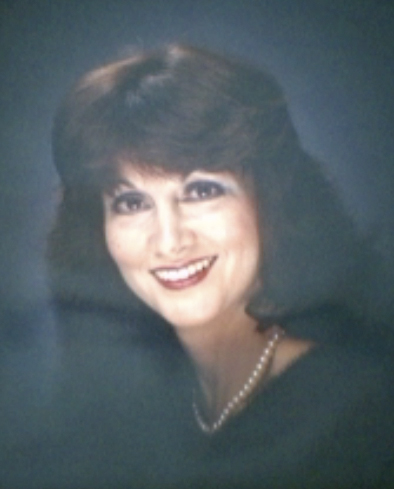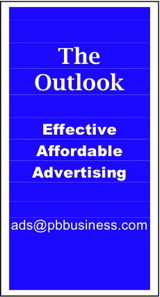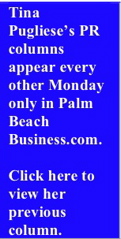Do’s and Don’ts When Dealing with the News Media
By Tina L. Pugliese, APR, Pugliese Public Relations
 When pitching your organization's story to news editors, there are fundamental Do's and Don'ts that you should follow.
When pitching your organization's story to news editors, there are fundamental Do's and Don'ts that you should follow.
The Do's:
Do introduce yourself to different media editors, journalists, and freelancers by sending them an e-mail note or by inviting them out for coffee or lunch. Bring along some background information or a few pages from your Website to explain what your organization is all about.
Do follow up after the meeting with a thank you note, mentioning that you will be in touch as appropriate. This is important to set the stage for future dialogue.
Do let them know what your goals are and what special events, news, or programs you have coming up.
Do send out news releases by e-mail about two weeks in advance, when you have a special event planned. Send a follow-up e-mail a few days later. Phone again at a convenient time before the event to suggest a possible meeting or interview at the event. The bigger the event, the more advance notice should be given.
Do tailor your pitch for the needs of each medium. For example, set up plenty of photo opportunities for television media, human-interest stories for print, and interviews for radio. Online media can use all of these.
Do give them the name of someone who has a personal experience to tell. Remember that the media love a good story. Real life stories engage readers and make for better copy than just statistics.
Do ensure that you or your designated spokesperson is available for interviews at a moment's notice; otherwise much of your efforts will be in vain. Both of you, of course, should do your homework and rehearse questions and answers in advance. You should have facts, statistics, and anecdotes in your head, ready to use.
The Don'ts:
Don't send out a pitch or news release with vague, general statements. Your story has to show not tell, and you must convince the editor to cover the news that promotes your organization rather someone else's. Getting editorial coverage is fiercely competitive.
Don't ever tell the media what you want from them. Instead, ask them about the kinds of stories they are looking for, or if there are any other reporters in their newsroom who would be interested in your organization. By learning what they want, you can tailor your communications to get what you want.
Don't underestimate the importance of less prominent media like community newspapers, cable TV, trade journals, and special-interest newsletters. Look at the entire spectrum of news media for different angles.
Tina L. Pugliese, APR is an executive coach and counselor for Pugliese Public Relations, a communications firm in Boynton Beach, Florida. Pugliese is an accredited member of the Public Relations Society of America, and is the author of the book, Public Relations for Pharmacists, and e-books, Marketing Your Business for Success, How To Work With The Media, and Public Relations Manual — A Guide for Entrepreneurs. She can be reached at (561) 889-3575 and by email at Tina@PugliesePR.com. Her web site is www.PugliesePR.com.
Article excerpted from e-book, Public Relations Manual — A Guide for Entrepreneurs, by Tina L. Pugliese, APR.





